Why Taylor Swift’s fight for ownership of her master recordings matters to more than just Swift herself
Although we live in an almost entirely digital world, master recordings — that is, physical recordings of musicians performing and recording in the studio and, more importantly, the copyright that goes with them– are still of great importance to musicians and the music industry as a whole in 2019. One musician in particular discovered this the hard way this month when she found out hers had been sold.
Earlier this month, Taylor Swift’s former record label Big Machine was sold. As part of the sale, Swift’s master recordings and the rights to her catalogue went along with the label. Upon hearing of the sale, Swift was distraught, leading to a media frenzy.
As news of the sale broke, Swift took to social media and described the scenario as her “worst case scenario.” On her Tumblr page, she described feeling “sad and grossed out” by the deal, which includes the rights to her entire catalogue through to 2017’s Reputation.
While business is at the forefront of this story, it’s also a personal matter for Swift. In her post, she wrote: “When I left my masters in Borchetta’s [owner of Big Machine] hands, I made peace with the fact that eventually he would sell them. Never in my worst nightmares did I imagine the buyer would be Scooter.”
The Scooter she’s referring to is Scooter Braun, owner and operator of Schoolboy Records and former associate of Kanye West, who very famously held a feud with Swift in 2016 over the lyrics to his song “Famous.” Swift has claimed that Scooter has “bullied” her throughout her career, and went on to describe this deal as an attempt between Borchetta and Braun to “control a woman who didn’t want to be associated with them.”
Her post continued: “For years, I asked, pleaded for a chance to own my work. Instead I was given an opportunity to sign back up to Big Machine Records and “earn” one album back at a time, one for every new one I turned in. I walked away because I knew once I signed that contract, Scott Borchetta would sell the label, thereby selling me and my future. I had to make the excruciating choice to leave behind my past.”
And that’s exactly what happened. However, for someone of Swift’s stature, if her masters were as important to her as she has recently claimed, why didn’t she make an offer to buy Big Machine herself? In the midst of this debacle, Swift topped Forbes’ annual list of the year’s highest-paid celebrities with estimated earnings exceeding $185 million. While the loss of her master recordings is certainly a blow to her artistry and the years she’s spent meticulously crafting her music and her brand, Swift no longer has to worry about a financial struggle. Unfortunately this is not the case for most artists.
In the wake of Swift’s Tumblr post, many artists have come out in support of her and to share their own stories. Sky Ferreira — a singer/songwriter who has been dormant in the industry since the release of her 2013 debut album, due to reportedly unfavourable contractual clauses — said “every contract I ever signed has always been set up to take advantage of me/my work in some way.” She continued by urging other artists not to “let people pressure you into giving away your rights.”
If this fiasco has done anything, it’s raised an important question: if the biggest superstar in the world can’t claim complete ownership of her master recordings, what hope do other artists have to exert any control or agency over their work?
This story has proven just how commonplace manipulative deals are in the music industry. For most artists, any record deal leaves the master recordings — and their subsequent copyrights — in the hands of the label themselves. With these master recordings, labels are able to exert nearly complete control over how that work is used in terms of licensing and allocation of royalties. While Swift’s career will continue full steam ahead, for less-established artists, ownership of their masters can be the difference between setting out on a prosperous career and falling into the cogs of the industry like so many artists do.
One fortunate outcome of the digital age we currently find ourselves in is the fact that young artists have more opportunities to build their brands and fanbases organically and independently online, without following the traditional path whereby record labels held all the power to make or break a young artist’s career. Because of this, artists such as 21 Savage and SZA were able to retain ownership of their master recordings when they signed major label deals, due to the leverage they had already built and established themselves.
Swift’s story is a similar one, given the fact that she is undeniably a top-tier musician and has the power to leverage her stardom in her favour. In fact, that’s exactly what she did when she left Big Machine Records in 2018 and signed with Universal. That deal — which was reportedly worth $20 million upon signing — has reportedly exceeded nine figures for Swift over time, and gives her complete ownership of her master recordings going forward, starting with the release of her latest album this summer.
Monetary values aside, it can’t be denied that the loss of her master recordings is a definite blow to Swift as it would be for any artist. While Swift’s fight is largely a personal one against Braun and her former label, if there is any silver lining to this story, it’s the fact that Swift is leveraging her power for other artists as well. When she signed with Universal in 2018, she similarly took to Tumblr to say that as part of her new contract with UMG, “any sale of their Spotify shares would result in a distribution of money to their artists, non-recoupable.”
While it may be difficult to feel sympathy for the world’s highest paid musician in this case, Swift’s heartfelt social media post this year is less about her own loss and more about the ways in which the music industry consistently devalues the artists who are making the music. Although Lily Allen has called for a musician’s union to be established (similar to the Screen Actors Guild for actors), this would take a great deal of time and effort to build. For now, Swift ended her post lamenting the fact that she wanted young artists to “learn about how to better protect themselves in a negotiation.” She signed off saying, “you deserve to own the art you make.” While most of us can agree with that sentiment, the path that artists other than Swift can take to get to that point remains to be forged.


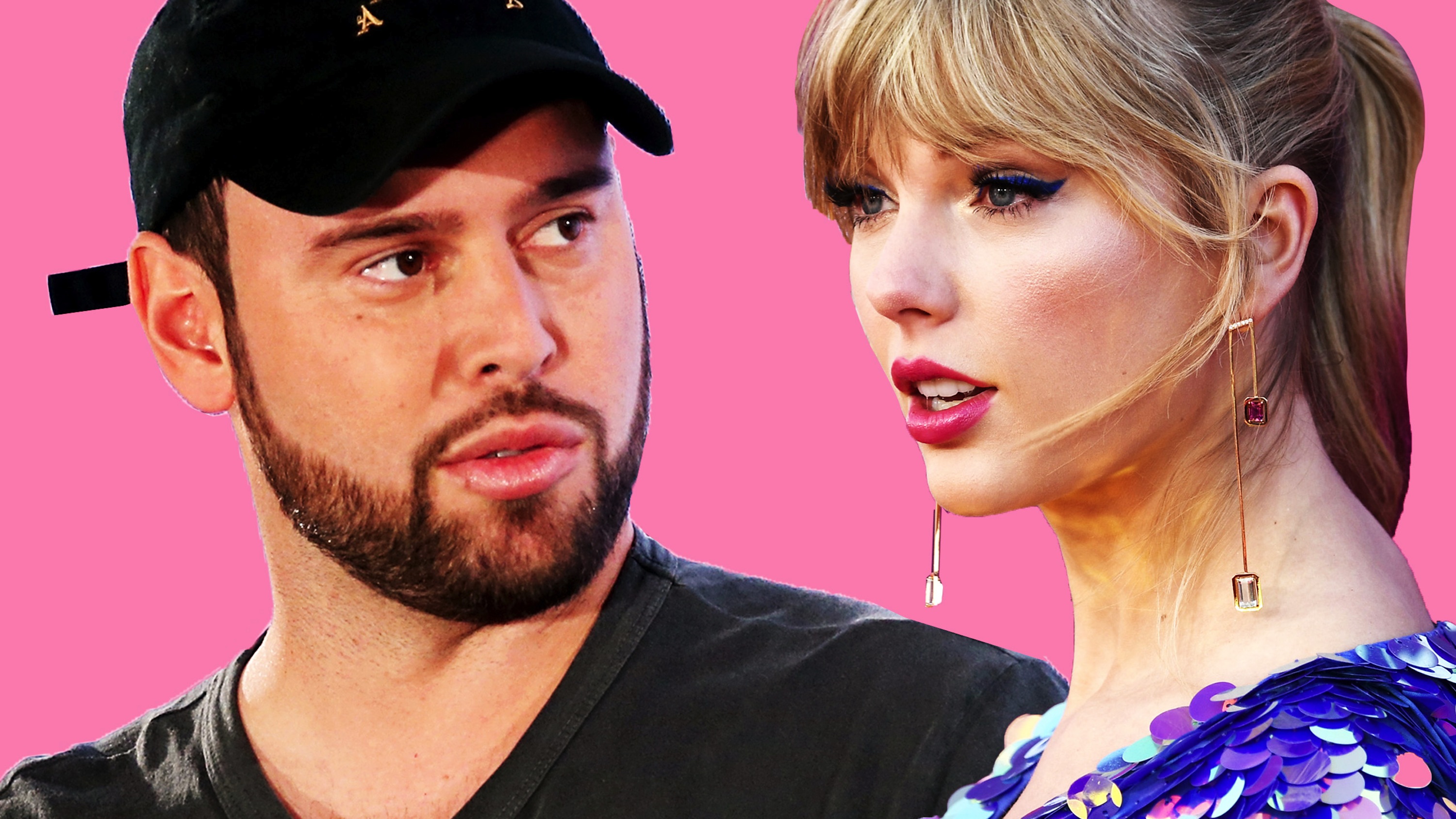
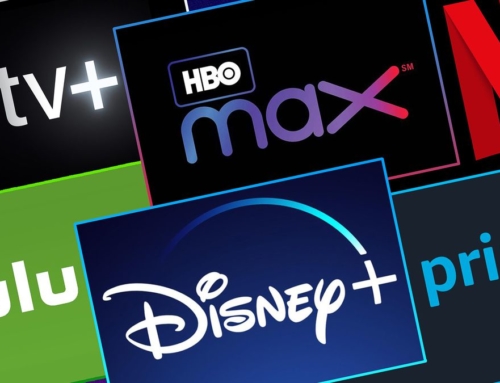
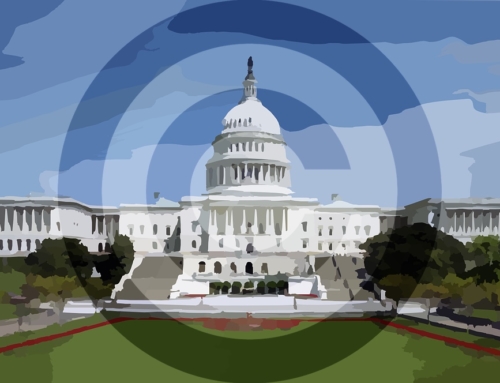
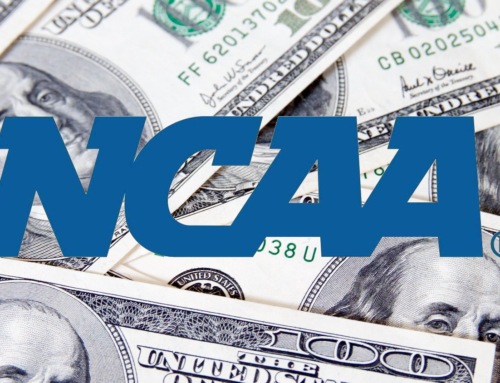

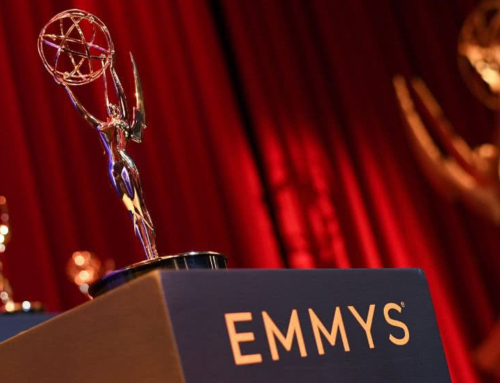

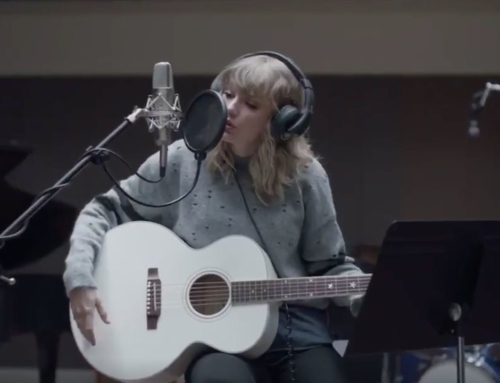

Leave A Comment
You must be logged in to post a comment.